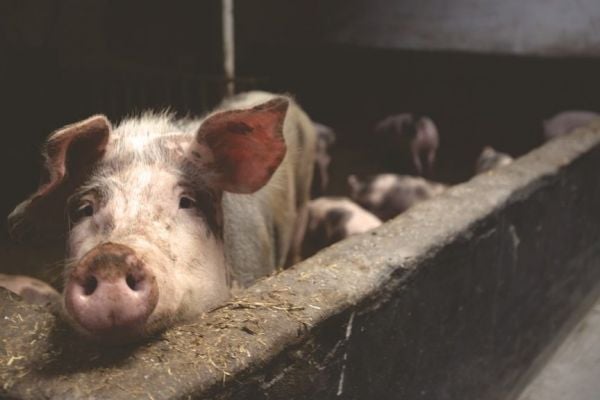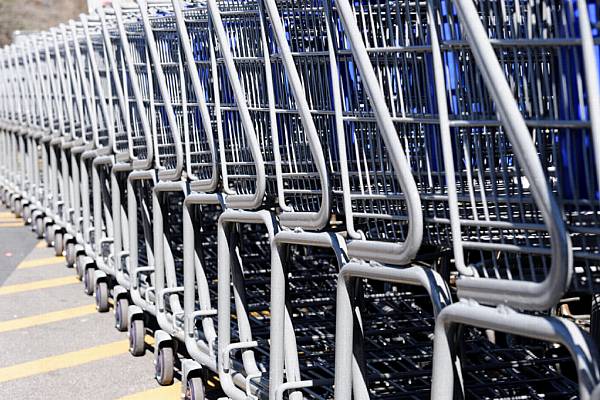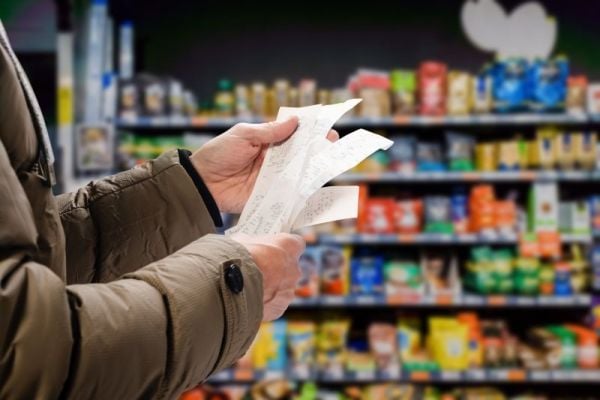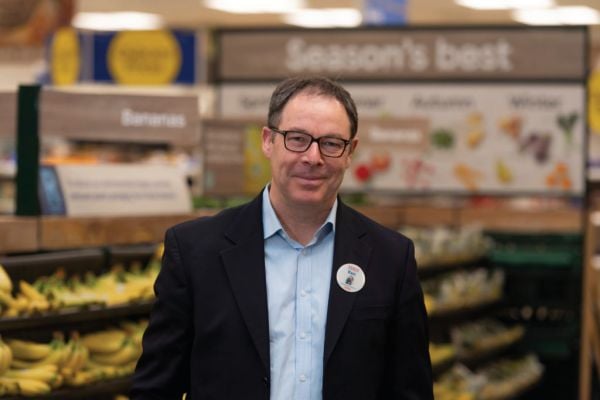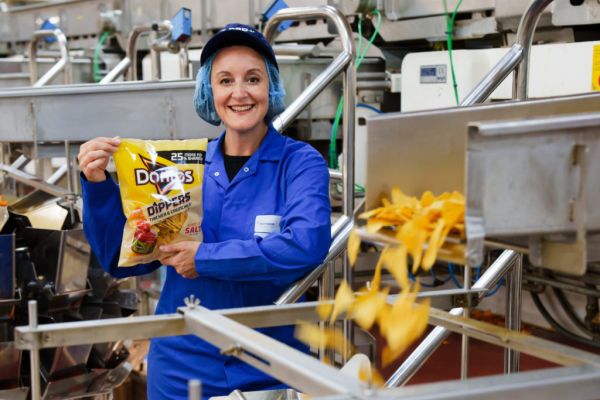Most major global food companies (95%) acknowledge the importance of animal welfare and are addressing it with policy commitments and clearer governance, according to a new report by Business Benchmark on Farm Animal Welfare (BBFAW).
Marks & Spencer, Premier Foods, Waitrose & Partners achieved ‘Tier 2’ status, the BBFAW 2023 report showed, demonstrating leadership in making farm animal welfare integral to their business strategy.
A total of 150 global food producers, retailers and food-service companies, with combined revenues of more than $4.9 trillion (€4.57 trillion), including the likes of McDonalds, Tesco and Tyson Foods, were ranked by BBFAW.
‘Performance Impact’
Six companies earned the highest score on ‘Performance Impact’ with a ‘C’ rating. These include Marks & Spencer, Danone, Premier Foods, Waitrose, Cranswick and Migros-Genossenschafts-Bund.
Performance Impact is a measure of how well businesses demonstrate actual welfare benefits for farm animals in their global supply chain.
Around 93% of companies rated as ‘E’ or ‘F’ on the parameter and no firm achieved the top ‘A’ or ‘B’ impact rating.
Nicky Amos, executive director of the BBFAW stated, “The Benchmark’s criteria have been strengthened in 2024, so it’s encouraging that several companies, including the three that achieved ‘Tier 2’ status, are leading by example and showing that high levels of progress are possible.[...]
“Today’s analysis shows there’s also a long way to go for the food sector to turn awareness and commitment into demonstrable animal welfare benefits, with large numbers of farmed animals still suffering from inhumane practices such as close confinement or routine mutilations."
Other Findings
The study also found that companies demonstrate high levels of ambition for cage-free eggs, with 73% of the 141 companies that have eggs in their supply chains committing to switch to cage-free eggs.
In addition, a quarter of benchmarked companies recognise the need to reduce reliance on animal-based foods.
The assessment showed that 18% of companies have no policy commitment to end the use of close confinement.
Only 9% of companies with pigs in their supply chain, or 13 of 137, have set credible targets to end the use of ‘sow stalls’ or ‘gestation crates’, BBFAW added.
About BBFAW
Launched in 2012, BBFAW is one of the leading global assessments of companies’ farm animal welfare policies and practices.
It is supported by Compassion in World Farming and FOUR PAWS and by a coalition of institutional investors, managing over $1.9 trillion (€1.77 trillion) in assets, who will engage with the companies in the year ahead to drive improvement.
Philip Lymbery, global chief executive of Compassion in World Farming, added, “There’s a high cost to poor animal husbandry. It not only harms animals but fuels the climate crisis, drives deforestation, biodiversity loss and - with its massive use of antibiotics - poses a real threat to human health.
“The Business Benchmark for Farm Animal Welfare continues to play a critical role in driving higher standards in the world’s leading food businesses, showing the benefits of this approach, and providing a vital yardstick to inform investor choices.”
